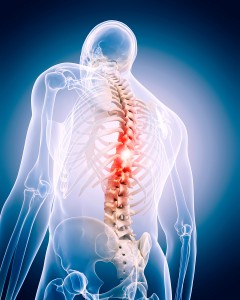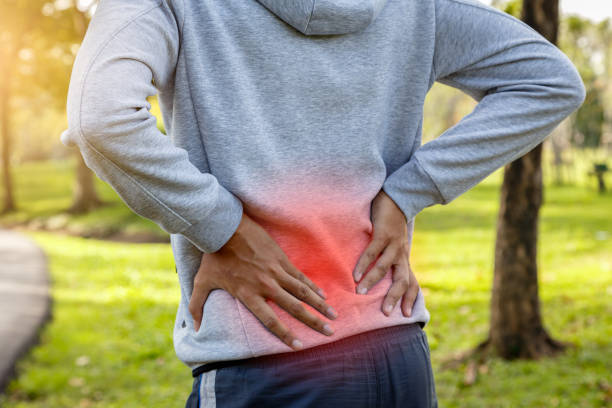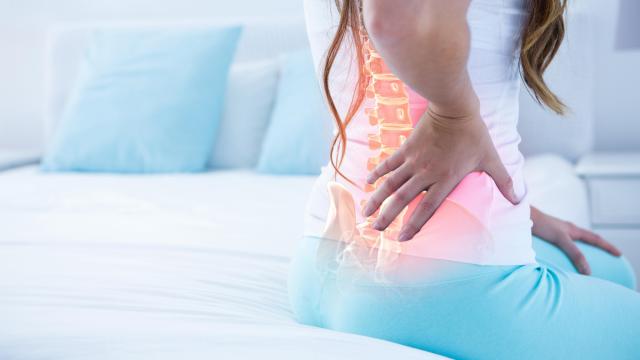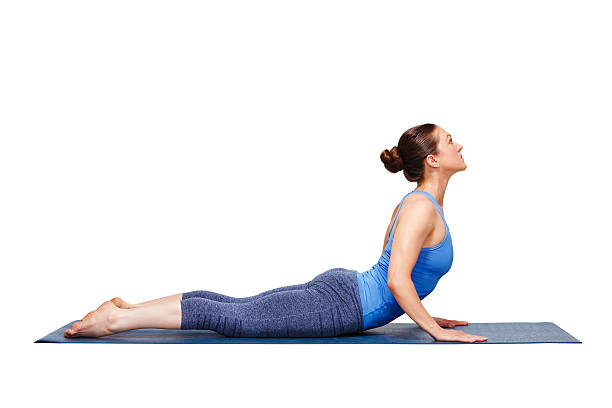
How to Treat Ankylosing Spondylitis with Ayurveda
How to Treat Ankylosing Spondylitis with Ayurveda
If you’ve ever suffered from back pain or joint stiffness that has gradually become worse over time, then you might be dealing with ankylosing spondylitis & we will tell you How to Treat Ankylosing Spondylitis with Ayurveda
But what is ankylosing spondylitis? To answer, let’s break the words apart.

According to Western Medicine, ankylosis is a rheumatic disease that presents itself as chronic stiffness of one or more joints. When you suffer back pain, ankylosis may be present in the spine, where your vertebrae may be suppressed or fused together.
But what does spondylitis mean? When inflammation in the vertebrae occurs, the condition is called spondylitis. We often see these terms used interchangeably with arthritis.
When referring to pain and inflammation in the vertebral joints, the term ankylosing spondylitis(arthritis of the spine and its joints) is used.
What Causes Ankylosing Spondylitis?
While Western Medicine concludes to injury or disease as being the sole causes of ankylosing spondylitis, Ayurveda adds that this condition can very well be the result of an autoimmune response. The causes as outlined by Ayurveda are:
- Autoimmunity
- Unhealed scar tissue due to injury or sports trauma
- Excessive spinal pressure due to overwork or bad posture

But when does Ankylosing Spondylitis start? Those more prone to developing such a condition are individuals aged over 40, though this does not exclude the fact that younger people may be afflicted by them, too. Society today considers sitting at a desk for eight hours a day to be a norm, but it is postures like these that induce pressure on the vertebrae and dry the spinal fluid, impairing the lubrication and flexibility of the spine. This dryness, according to Ayurvedic medicine, is known as Vata/Air Aggravation. This condition goes hand-in-hand with low Pitta (Fire), the lack of warmth in the body.
Signs and Symptoms of Ankylosing Spondylitis
The symptoms most often associated with ankylosing spondylitis are:
- Upper or lower back pain that develops and worsens over time
- Chronic joint stiffness
- Impaired or restricted mobility
- Inability to get into a comfortable sleeping position
Some of these symptoms may be moderate, while others quite severe. It is when the patient can no longer tolerate the pain that they pursue a diagnosis and treatment.
How is Ankylosing Spondylitis Diagnosed and Treated?
Western medicine diagnoses the condition of ankylosing spondylitis through X-ray imaging or MRI.
The treatment often prescribed includes bouts of painkillers and non-steroidal anti-inflammatory drugs that will mask the symptoms rather than address the root cause of your ankylosing spondylitis. Physical therapy may also be recommended, but relief is often described as temporary.

How to Treat Ankylosing Spondylitis According to Ayurveda
For centuries, Ayurvedic Medicine has successfully been treating degenerative conditions of the spine through addressing the patient individually and holistically based on the concept of the Three Doshas. As everybody is different, it is advised you consult a professional Ayurvedic practitioner to tailor a treatment plan according to your needs. This plan would include any one or several of the following:
Ayurvedic Medicine
The most popularly prescribed remedies
for ankylosis and spondylitis are:
- Turmeric
- Guggulu
- Ginger
- Myrrh
- Other various formulas
While you can consume these in moderate doses, healing dosages and a specific regimen should be advised by a professional Ayurvedic practitioner.
Diet
Patients who suffer from spinal
conditions and thus air aggravation are advised to add as many warm foods to
their diet as they can. Spicy foods in particular bring heat to the spine and
aid in blood circulation and spinal lubrication (the intensity of “spicy”
however may vary from culture to culture, so only consume according to your
tolerance levels).
Subsequently, Vata-aggravating foods should be avoided. These include:
- Cauliflower
- Cabbage
- Mushrooms
- Beans
- Citruses
A professional Ayurvedic practitioner will take into consideration your Dosha type, medical history and food preferences/intolerances in order to create a personalised therapeutic diet for you.
Yoga
Yoga is known to provide efficient pain relief and core strengthening through stretches and postures (asanas). However, in the case of a therapeutic Yoga, a professional advisor must be consulted, particularly if you lack flexibility and have debilitating symptoms.
For those whose mobility is severely impaired, asanas can be modified according to your flexibility. In such cases, easy postures and Pranayama (Yogic breathing) exercises are normally recommended. These would include practices such as Ujjayi Pranayama (Conqueror Breath), Kumbhaka Pranayama (Breath Retention) and Ashwini mudra.

For those more flexible or seasoned in their Yoga practice, the following postures would be advised:
- Padmasana (Lotus Pose)
- Naukasana (Boat Pose)
- Marjaryasana (Cat Pose)
- Gomukhasana (Cow Pose)
- Setu Bandha Sarvāṅgāsana (Bridge Pose)
- Salabhasana (Locust Pose)
- Bhujangasana (Cobra Pose)
- Tadasana (Mountain Pose)
- Balasana (Child’s Pose)
Yoga does not only promote health and overall wellness of the spine, but it can also help you treat Ankylosing Spondylitis flare ups.
Conclusion
Ayurvedic treatment not only addresses the root cause of ankylosing spondylitis by providing warmth, strength and mobility to the spinal joints, it also addresses the patient as an individual based on their body type, tolerance level, diet, lifestyle and the severity of their condition.
Contact us today for a free no-obligation discussion about how we can best treat your condition.
